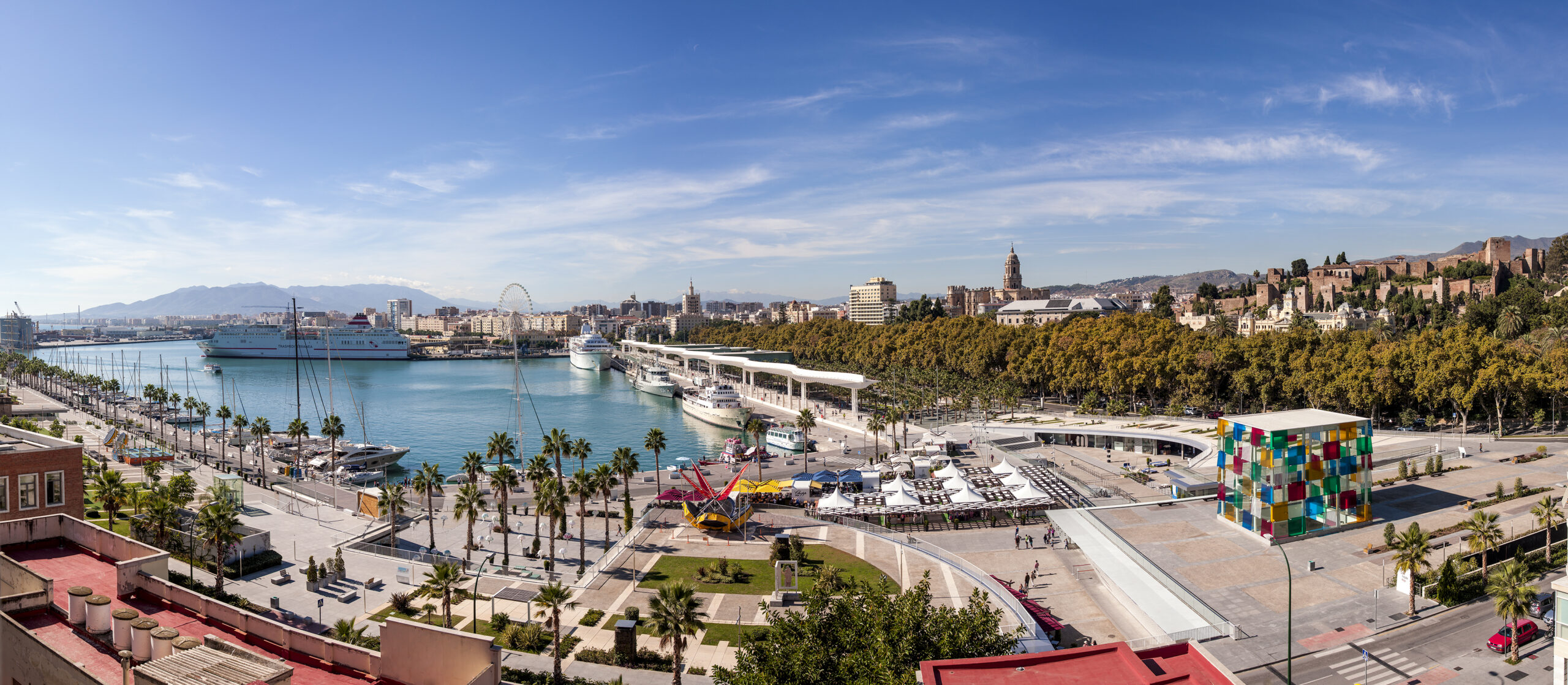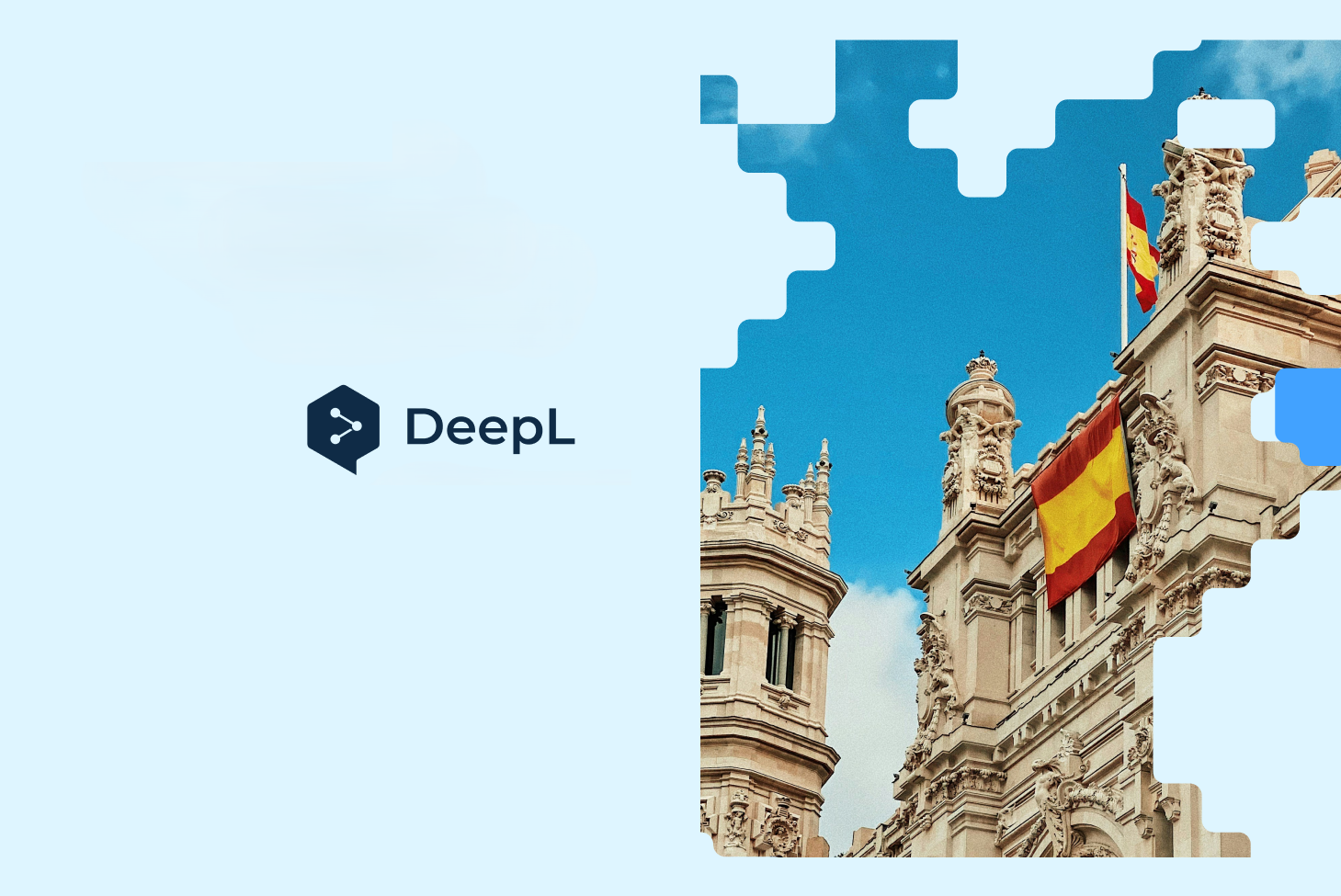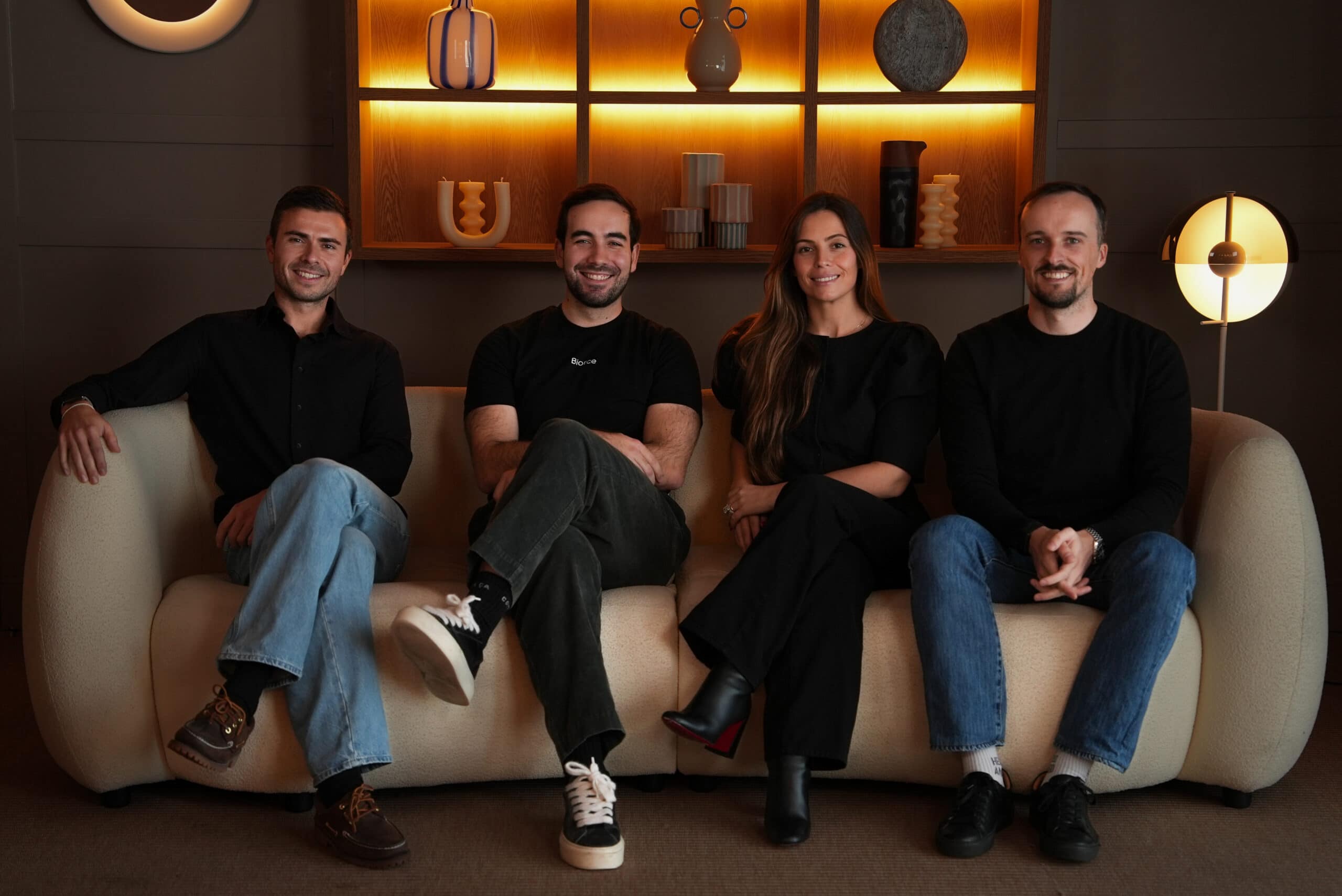Málaga is booming. The southern city in the Andalusia region is always making headlines about big companies locating themselves in the area, despite the ongoing market correction. After the big announcement in February 2021 that Google is establishing a hub in Malaga, big companies like Vodafone, Citigroup, Banco Santander, GP Bullhound, and EY, are following Google‘s lead.
Less than two years ago Forbes placed Málaga among the top twenty cities in the world where Americans can live, invest and work. Among the qualities of the city, they highlighted the variety of international schools, a good health system, the proximity to a large number of cities due to the international airport that is excellently connected, and the good value of housing and security.
From the city council of this town on the Costa del Sol, there is no doubt that Málaga is a cutting-edge city with all the amenities and advice a telecommuter would need to work. Not only is recognized for its prestigious business fabric, its great university level, its important cultural background, and for being a reference in the world in terms of the Smart City model. It’s also a city that now offers a very high quality of life and a balance that is highly valued by companies between the quality of life and work.

Novobrief sat down with Rosa Sánchez, Deputy Mayor of International City Promotion and Local and Foreign Investments of the City Council of Málaga, to talk about the challenges in talent attraction, the role of Promálaga and the Málaga Tech Park in the success story of the city, and the plans to form a big community of remote workers and digital nomads in this beautiful town in the Costa del Sol.
What are the challenges facing the Málaga ecosystem in terms of talent retention?
The Malaga City Council has been working for a long time on both attracting and retaining talent. We have recently implemented a digital action through the municipal company Promálaga that seeks the recovery of talent, that is, we want those people who developed their careers outside Málaga, Andalusia, or Spain, to be able to return today thanks to job opportunities in the city.
What has been the importance of the Málaga Tech Park in the emergence of the city as a tech hub?
Malaga TechPark was born more than three decades ago as the Technology Park of Andalusia and has become one of the essential engines of the international take-off of technological Málaga. Its ecosystem is made up of SMEs, large companies, startups, researchers, incubators, etc., which are offered the best infrastructures and services. This helps them to be more competitive in relation to their business and production processes, products, or services, using digital technologies. All this translates into the presence of companies from all types of sectors such as the ICT sector, where cybersecurity, IoT, mobile communications, or also engineering and consulting, enrich the ecosystem, in the creation of jobs, the expansion of infrastructures…
What has been the role of Promálaga in recent years to consolidate the innovation ecosystem in the city?
Promálaga has been promoting economic activity and entrepreneurship in the city for many years. Through its business creation unit, Malaga Emprende offers different business advisory services, both prior to the start of the activity and during the first year of the same, as well as company incorporation services. On the other hand, Promálaga launches an annual call for Business Promotion Grants, which includes various lines of investment: web page design, works for the adaptation of premises, tools, and machinery, brand registration, furniture, and equipment, etc. In addition to this variety of resources and programs, there is a Municipal Incubator Network (RMI) composed of twelve technological, creative-cultural, coworking, and district centers with a capacity for more than 200 companies.
What plans and projects do you have on the near horizon to attract national and international remote workers and digital nomads?
One of the most recent projects, which is part of the municipal actions to contribute to the economic reactivation of the city and the attraction and retention of talent, is MalagaWorkBay. This project seeks to attract both national and international remote workers to the city and has a web site that offers all the relevant information that a remote worker needs to settle in Málaga and be able to work and/or start a business: services, transport, accommodation, etc. It is available in different languages: Spanish, English, and German. MalagaWorkBay has launched just over a year ago and since then we have continued to incorporate actions that facilitate the relocation of a remote worker. For example, we have created the ‘BayWorkers’ community so that these professionals have a space for personalized attention, cultural and leisure activities as well as networking meetings.
What lessons can the rest of Spain’s innovation ecosystems learn about Málaga and the sectors in which it stands out?
Málaga is consolidating itself as a benchmark city in the promotion of innovation and entrepreneurship projects and this is largely due to the fact that the Málaga City Council is committed to supporting Málaga companies that want to set up businesses in different sectors. How do we promote these opportunities for startups and companies with growth potential? We participate in all kinds of national and international events to present Málaga’s startup and entrepreneurial ecosystems, give them visibility, boost their internationalization in global markets and attract productive investment. One of the most recent was the World Entrepreneurship Congress in Saudi Arabia, where we held more than 40 meetings with representatives of institutions, universities, and agents of various global entrepreneurship ecosystems to present the potential of Málaga as an entrepreneurship ecosystem.








